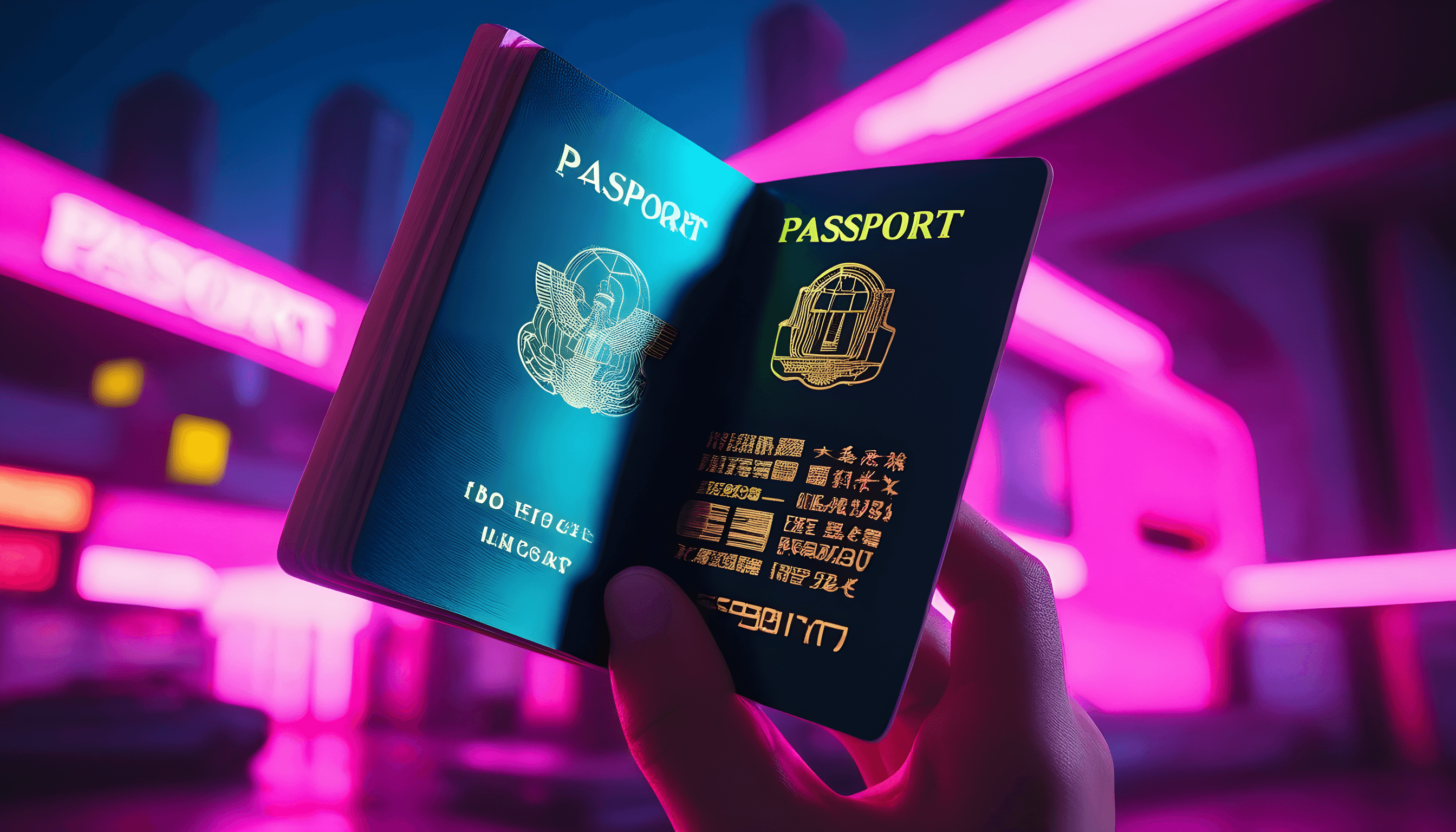
Navigating the intricacies of Thailand's visa requirements can initially appear daunting, but with the right guidance, it becomes a manageable and straightforward process. In this comprehensive guide, we will explore the path to acquiring an ED visa for your stay in Thailand. Whether you're a prospective student, a digital nomad, or someone looking to immerse yourself in the vibrant culture of the Land of Smiles, understanding the educational visa process is crucial.
To begin, it's essential to know that you can only switch to an Education (ED) visa from a Tourist (TR) visa or no-visa stamp. If you currently hold any other type of "Non" visa or are residing in Thailand via a Visa-on-arrival, you'll need to exit the country and re-enter on a Tourist visa. This initial step ensures you're on the right track to securing your ED visa.
Once you've decided on your course of study at the language school, it's time to initiate the application process. Be prepared for the journey ahead as it will take approximately 5-6 weeks to acquire your ED visa. This timeline is divided into two distinct phases: the Ministry of Education (MOE) approval and the Immigration Processing. Each step typically takes around 2-3 weeks, which means that you have the opportunity to maximize your time in Thailand while your visa is being processed. To ensure the seamless acquisition of your visa, it's advisable to have between 38-45 days remaining on your current TR visa, with at least 21 days to spare before commencing the application process. This allows you the peace of mind to explore and enjoy your Thai adventure.
The application process itself is quite straightforward, and with the right guidance, it becomes a smooth journey. You'll only need to prepare your passport and a photo; the rest of the necessary information will be collected through the application form on the school's website. This user-friendly approach ensures that you can provide all the required information and documentation efficiently.
However, there are a few additional details that are crucial to ensure a seamless transition. It's essential to make sure that you are registered with the TM30 system in Bangkok at your long-term rental place. If you're not registered, you may need to spend an additional 1,000 THB from hotel rental to apply for your visa. This registration is a mandatory part of the process and ensures that you're in compliance with Thai immigration requirements.
One more aspect to consider is the cost of visa fees. While the tuition fees cover your education, visa fees during extensions throughout the year are not included. You can anticipate spending approximately 8,000 to 10,000 THB on these visa fees. It's crucial to plan for these additional costs to avoid any surprises as you progress in your studies and stay in Thailand.
In conclusion, while navigating Thai visa requirements may initially appear complex, following the right steps and being well-prepared can transform the process into a manageable and smooth transition. Whether you're a student or a visitor, understanding the nuances of switching from a Tourist visa to an Education visa is key to fully embracing your time in Thailand. By choosing the right language school and being informed about the process, you can embark on your journey with confidence and make the most of your adventure in the Land of Smiles.